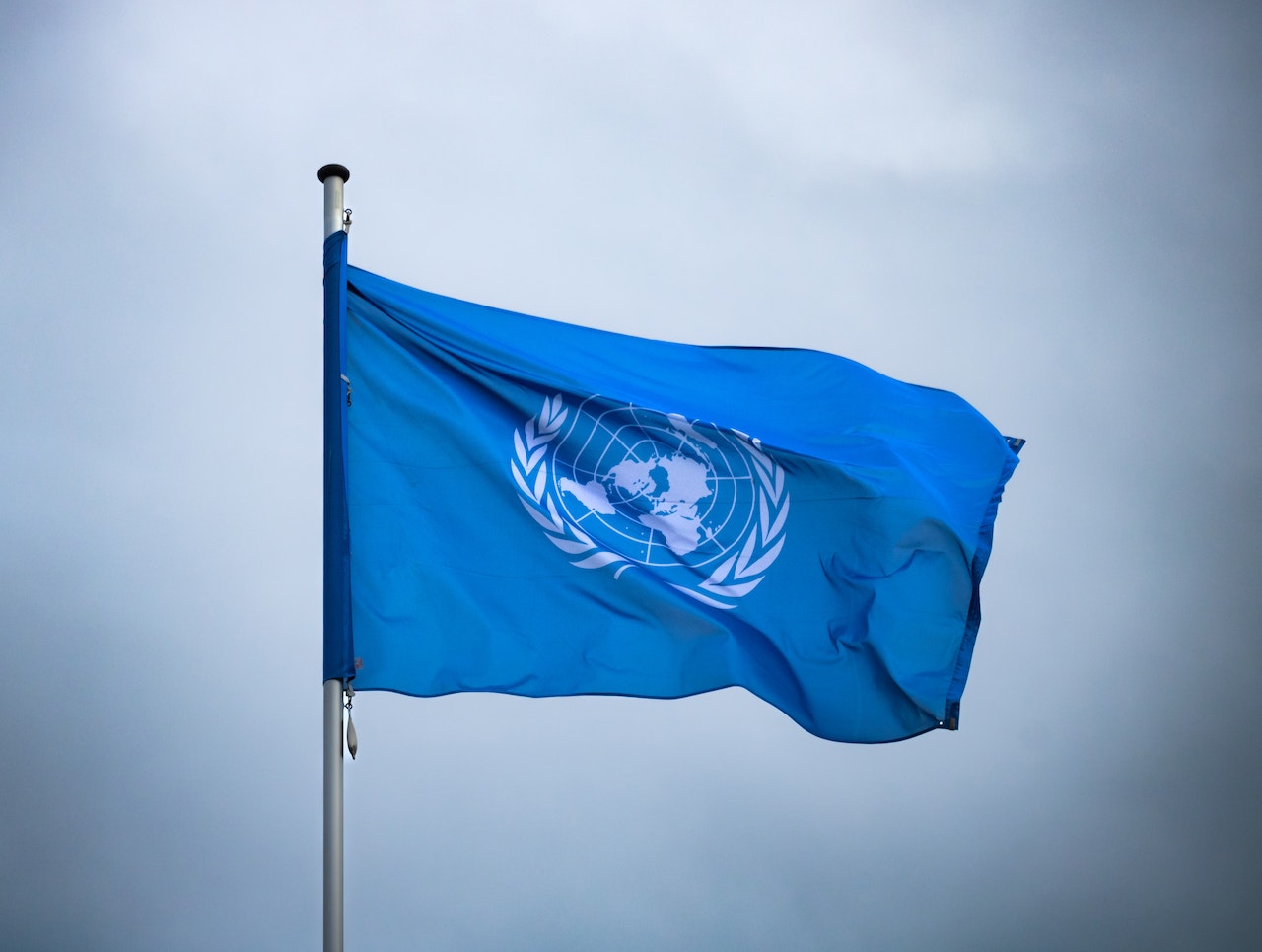
Beijing Offers Visa-Free Entry to Australians Amid Defense Talks
China has announced a 15-day visa-free travel arrangement for Australians during a day of high-level talks in Canberra, which also included discussions on enhancing military communication to avoid conflicts.
The talks, aimed at renewing and revitalizing relations between the two nations, featured a formal meeting between Australian Prime Minister Anthony Albanese and Chinese Premier Li Qiang.
The announcement of the visa-free travel arrangement was part of a series of agreements signed during the meeting. However, the event faced controversy when Chinese embassy officials attempted to block Australian journalist Cheng Lei from being filmed.
Prime Minister Albanese highlighted the significance of the new visa policy and the broader context of improving relations. "Our engagement with China has been renewed and revitalized. This visa-free travel arrangement for visits up to 15 days signifies a positive step in our bilateral relationship," he stated.
Following their formal discussion, Premier Li expressed hope for continued diplomatic improvements. "I sincerely hope that through my current visit, I will work with you to build a more mature, stable, and fruitful comprehensive strategic partnership between our two countries to deliver more benefits to our two peoples," Premier Li said, speaking through a translator.
The meeting also addressed the need for better military communication. Prime Minister Albanese emphasized the importance of this to avoid incidents similar to last year's sonar attack on HMAS Toowoomba. "One of the very practical measures we discussed was improving military-to-military communication to avoid such incidents. Officials will work on how to implement this in practice," he explained.
Ahead of the formal discussion, Albanese underscored the importance of candid dialogue with China, Australia’s largest trading partner. "We consistently advocate the importance of a regional world that is peaceful, stable, and prosperous, where countries respect sovereignty and abide by international laws and obligations enshrined in UN instruments, including with respect to human rights and overall conduct with states," he said.
In addition to visa-free travel, the two leaders agreed on reciprocal access to five-year multiple-entry visas for tourism, business, and family visits, aimed at facilitating personal exchanges. "China will include Australia in its Visa Waiver Program," Premier Li announced.
However, the ceremony was overshadowed by an incident involving Sky News journalist Cheng Lei, who was previously detained in Beijing for three years. Cheng was in the audience for a formal signing ceremony inside Parliament House when Chinese officials obstructed a camera from filming her.
"They went to great lengths to block me from the cameras, presumably to prevent me from saying or doing something they deemed inappropriate. Ironically, their actions created a negative impression," Cheng said after the incident.
Prime Minister Albanese, who was unaware of the incident at the time, stressed the importance of inclusivity in such events. "It's important that everyone can participate in these events in Australia," he said.
The day’s events included high-level dialogues with Foreign Minister Penny Wong and Defence Minister Richard Marles. Albanese expressed optimism about the future of Australia-China relations. "Australia and China have renewed and revitalized our engagement. We have agreed across a range of memoranda of understanding (MoUs) and arrangements today to continue to drive our practical cooperation as we stabilize the relationship," he said.
Premier Li’s visit also included talks with Opposition Leader Peter Dutton and Governor General David Hurley. Before leaving Canberra, Premier Li planned to tour a lithium plant in Perth and meet with business leaders from the resources sector.
The discussions in Canberra marked a significant step towards mending the strained relations between Australia and China, which had soured during the COVID-19 pandemic under the Morrison government. The recent developments reflect both nations' commitment to improving diplomatic and economic ties.
The introduction of visa-free travel for Australians visiting China for up to 15 days, coupled with reciprocal five-year multiple-entry visas, underscores a renewed effort to strengthen bilateral relations. The focus on improving military communication highlights the importance of preventing conflicts and maintaining regional stability. Despite the controversy involving Cheng Lei, the overall outcome of the talks indicates a positive direction for Australia-China relations. As both nations continue to engage in dialogue and cooperation, the prospects for a more stable and prosperous partnership look promising.
Trending
-
1 76 Theses on American Patriotism
Timothy Taylor -
2 A Comprehensive Approach to Handling Riots
Bhumesh Verma -
3 Innovative Approaches to Diplomacy: A Multi-Pronged Strategy for The Phygital Era
Dr. Ingrid Vasiliu-Feltes -
4 Business Chiefs Gather to Discuss India Trade Deal Proposals
Nitish Mathur -
5 Everything You Need to Know About Jordan Bardella
Felix Yim





Comments